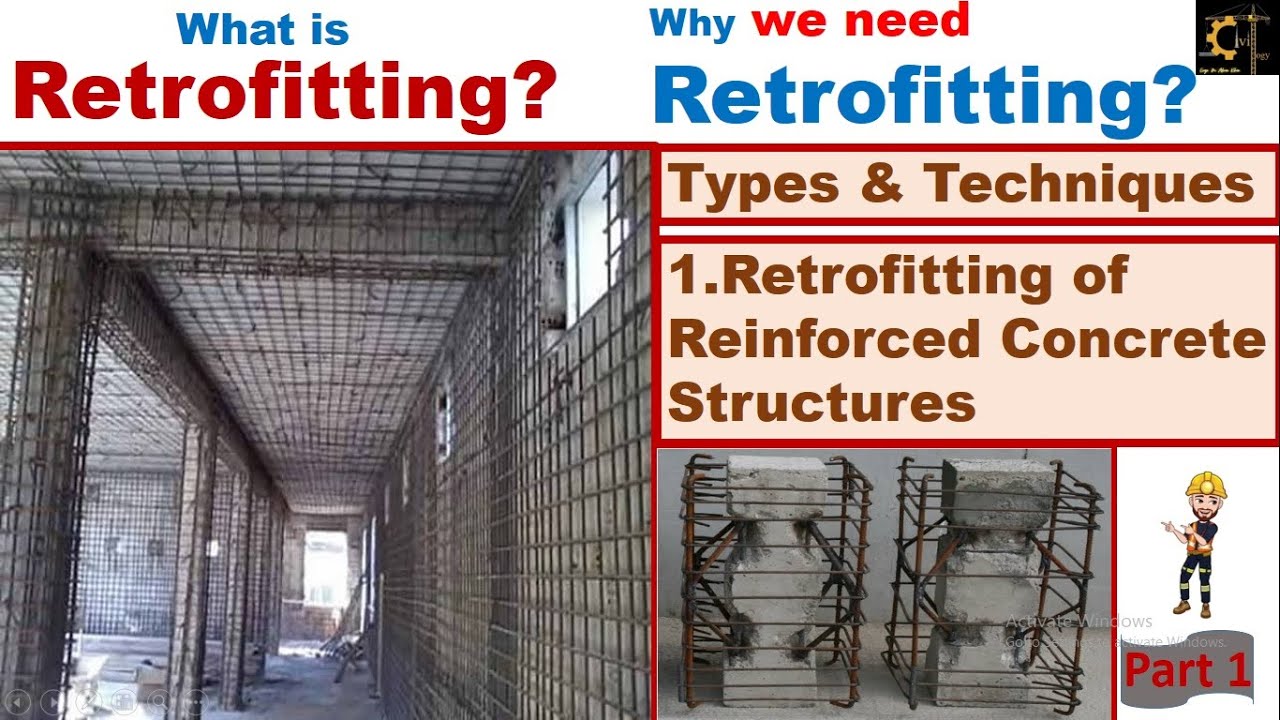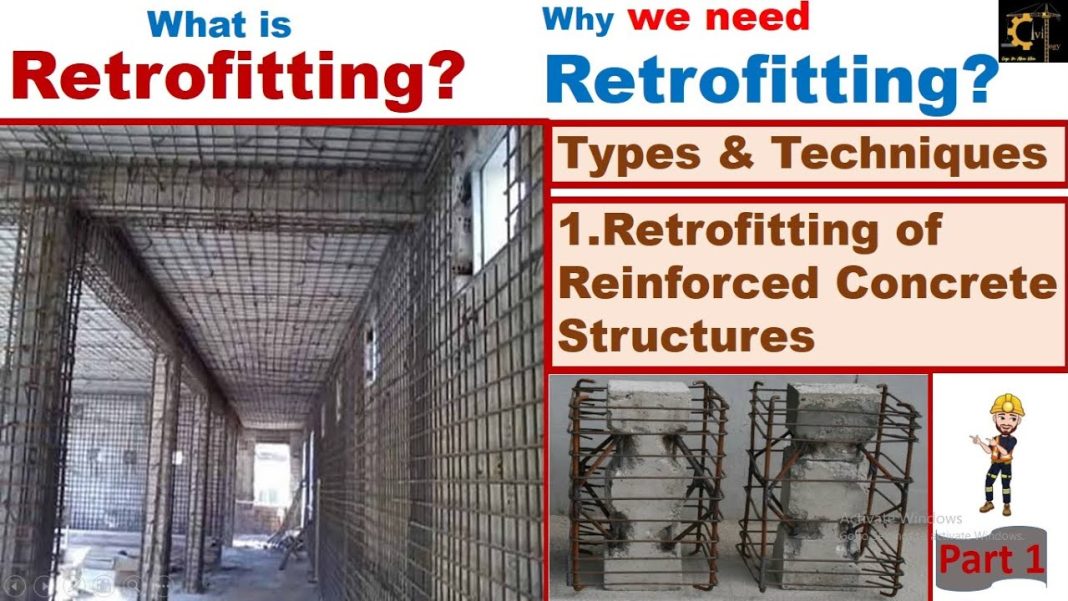 Moving to a zero-carbon economy in the UK could come at a steep cost, according to a former chief scientific adviser. Estimates suggest that the price tag could reach between £3 and £4 trillion. The government has already spent nearly £800 million on grants for retrofitting homes with insulation measures as part of the net zero emissions goal. This funding has been allocated through the Local Authority Delivery Scheme (LAD), which aims to convert low-income and low-energy performance homes to reduce reliance on high carbon fossil fuel heating.
Moving to a zero-carbon economy in the UK could come at a steep cost, according to a former chief scientific adviser. Estimates suggest that the price tag could reach between £3 and £4 trillion. The government has already spent nearly £800 million on grants for retrofitting homes with insulation measures as part of the net zero emissions goal. This funding has been allocated through the Local Authority Delivery Scheme (LAD), which aims to convert low-income and low-energy performance homes to reduce reliance on high carbon fossil fuel heating.
However, critics argue that fully retrofitting all domestic buildings in the UK would be an expensive endeavor. Michael Kelly, an expert on energy efficiency upgrades and housing decarbonisation, raised concerns about the pace of progress. With 28 million homes in the country, it would take over 1,000 years to convert them all at the current rate. The Climate Change Committee, an independent advisory body, initially estimated that this could be achieved with £10,000 per house, but that figure has gradually increased to £20,000. Kelly believes that retrofitting to a high standard would actually cost around £75,000 per house.
The cost of transitioning to a zero-carbon economy goes beyond just retrofitting buildings. Former Chancellor Philip Hammond estimated that it would cost “well in excess of £1 trillion.” Kelly’s estimate is even higher, ranging between £3 and £4 trillion. He explains that this figure includes improving buildings and expanding the electricity grid, but does not account for investments in new infrastructure for electric cars or other initiatives.
Kelly also points out that if there were a cheap and carbon-free energy source readily available, such as nuclear energy, the need for retrofitting would be significantly reduced. However, public concerns about nuclear radiation have led to stringent safety standards, driving up costs. Kelly suggests that if these safety standards were adjusted to more reasonable levels, nuclear power could play a larger role in decarbonization efforts.
In addition to insulation measures, the government is also promoting the use of heat pumps to achieve its net zero carbon emissions target. However, there are criticisms of the grant scheme that covers only half the cost of heat pump installations. Critics argue that this rewards those who can already afford the upfront costs and is funded by taxpayers. Mike Foster, CEO of an industry body representing gas heating specialists, highlights that this approach may not be equitable, as it benefits those who are financially well-off and can make lifestyle choices while others struggle to pay their bills.
While the UK government has made significant investments in decarbonization efforts, the costs associated with achieving a zero-carbon economy are substantial. As the country works towards its net zero emissions target by 2050, it will be crucial to carefully consider the most effective and equitable allocation of funds to ensure successful and sustainable decarbonization.


